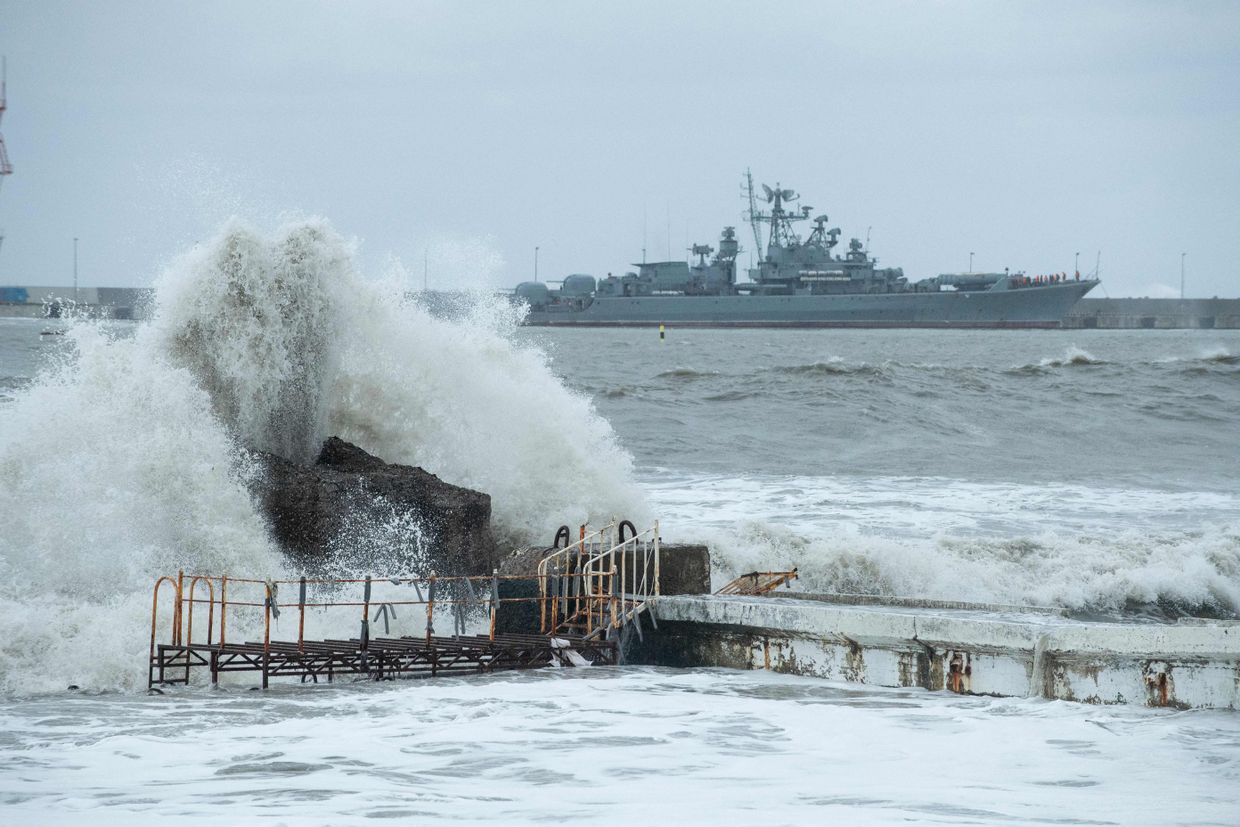Waltz held sensitive talks on Russia, Ukraine on Signal, WSJ reports

U.S. National Security Advisor Mike Waltz has created and hosted multiple sensitive national-security conversations on Signal with cabinet members, including those on peace between Russia and Ukraine, the Wall Street Journal (WSJ) reported on March 30, citing undisclosed U.S. officials.
The news comes after Waltz reportedly caused a leak of sensitive information by adding Jeffrey Goldberg, editor-in-chief of the Atlantic magazine, to a Signal chat room discussing a future U.S. attack on Yemen.
The Signal incident has undermined Waltz's credibility with U.S. President Donald Trump, while the national security advisor continues to walk a fine line, multiple media outlets wrote.
According to two U.S. officials, Waltz also discussed sensitive topics, such as peace between Russia and Ukraine and military operations, on Signal, the WSJ reported. The officials declined to say whether any classified information was posted in those chats.
Waltz is a key member of the U.S. team seeking to broker peace between Ukraine and Russia. He participated in talks with the two countries' delegations in Saudi Arabia in February and March.
Goldberg received a Signal message from a user named "Michael Waltz" on March 11 — four days before the U.S. military strike on Yemen. After accepting the request, he found himself in a chat named "Houthi PC small group" (PC referring to the Principals Committee, a U.S. national security decision-making body).
The chat reportedly included 18 accounts with names corresponding to top U.S. officials, including Defense Secretary Pete Hegseth, Secretary of State Marco Rubio, Director of National Intelligence Tulsi Gabbard, CIA Director John Ratcliffe, and Trump advisor Steve Witkoff.
Messages within the chat detailed the planning and discussion of the March 15 strike on Yemen, leading Goldberg to conclude that the group was real.














